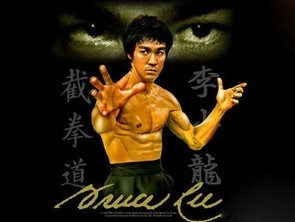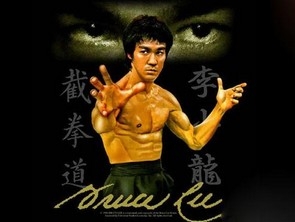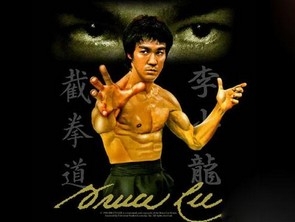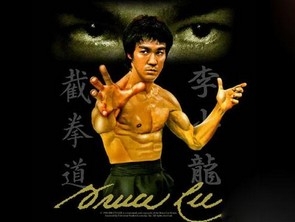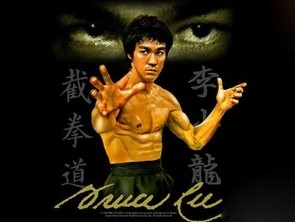It was a suggestion out of the blue, and Amelio pushed back. “What do you mean, kill it?” he said. “Steve, do you have any idea how expensive that would be?”
這是個毫無來由的建議,阿梅里奧難以接受。“什么意思,砍掉?”他說,“史蒂夫,你有沒有概念,那得要花多少錢?”
“Shut it down, write it off, get rid of it,” said Jobs. “It doesn’t matter what it costs. People will cheer you if you got rid of it.”
“停產,核銷,處理掉。”喬布斯說。“花多少錢不重要,如果你把它處理掉,人們會為你喝彩。”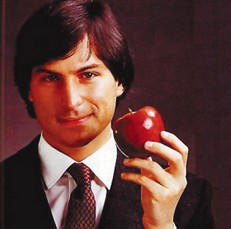
“I’ve looked into Newton and it’s going to be a moneymaker,” Amelio declared. “I don’t support getting rid of it.” By May, however, he announced plans to spin off the Newton division, the beginning of its yearlong stutter-step march to the grave.
“我仔細研究了牛頓,它是能賺錢的。”阿梅里奧說,“我不支持把它處理掉。”然而,到5月份,他宣布了分拆牛頓部門的計劃。之后經過長達一年磕磕絆絆的跋涉,它的生命走向終結。
Tevanian and Rubinstein would come by Jobs’s house to keep him informed, and soon much of Silicon Valley knew that Jobs was quietly wresting power from Amelio. It was not so much a Machiavellian power play as it was Jobs being Jobs. Wanting control was ingrained in his nature. Louise Kehoe, the Financial Times reporter who had foreseen this when she questioned Jobs and Amelio at the December announcement, was the first with the story. “Mr. Jobs has become the power behind the throne,” she reported at the end of February. “He is said to be directing decisions on which parts of Apple’s operations should be cut. Mr. Jobs has urged a number of former Apple colleagues to return to the company, hinting strongly that he plans to take charge, they said. According to one of Mr. Jobs’ confidantes, he has decided that Mr. Amelio and his appointees are unlikely to succeed in reviving Apple, and he is intent upon replacing them to ensure the survival of ‘his company.’”
泰瓦尼安和魯賓斯坦會到喬布斯家里向他匯報公司的情況,很快,硅谷的大部分人都知道喬布斯在暗中削弱阿梅里奧的權力。這倒并不是場處心積慮的杈謀之戰,只是喬布斯的自然之舉。控制欲是他骨子里的本性。路易絲·基歐,就是阿梅里奧在12月宣布喬布斯回歸時便有此預見、向喬布斯提問的那位《金融時報》記者,率先就此做了文章。“喬布斯先生已經開始垂簾聽政,”她在2月底如是報道,“據說他正在指導蘋果決定哪些業務應該砍掉。他們說,喬布斯先生已經催促一些前蘋果員工回到公司,并強烈暗示說他計劃掌管大局。根據喬布斯先生的一位關系密切人士所說,他已經認定阿梅里奧先生和他任命的人無法讓蘋果重現輝煌。他打算把他們替換掉,以確保‘他的公司’得以生存。”
That month Amelio had to face the annual stockholders meeting and explain why the results for the final quarter of 1996 showed a 30% plummet in sales from the year before. Shareholders lined up at the microphones to vent their anger. Amelio was clueless about how poorly he handled the meeting. “The presentation was regarded as one of the best I had ever given,” he later wrote. But Ed Woolard, the former CEO of DuPont who was now the chair of the Apple board (Markkula had been demoted to vice chair), was appalled. “This is a disaster,” his wife whispered to him in the midst of the session. Woolard agreed. “Gil came dressed real cool, but he looked and sounded silly,” he recalled. “He couldn’t answer the questions, didn’t know what he was talking about, and didn’t inspire any confidence.”
當月,阿梅里奧必須面對一年一度的股東大會,并解釋為什么1996財年最后一個季度的銷售量比上年同期暴跌了30%。股東們在麥克風前排著隊發泄他們的憤怒。阿梅里奧完全不知道自己把會議開得多么糟糕。“這是我做過的最好的一次演講。”他后來得意揚揚地說。然而蘋果董事會主席、杜邦公司(DuPont)前CEO埃德·伍拉德(EdWoolard,馬庫拉當時已降職為副主席)卻聽得大驚失色。“這真是場災難。”他妻子聽到一半時在他耳邊說。伍拉德也這么認為。“吉爾穿得很酷,可他無論看起來還是聽起來都很愚蠢。”他回憶說,“他無法回答問題,不知道他自己在說什么,也沒有鼓舞起大家的信心。”



